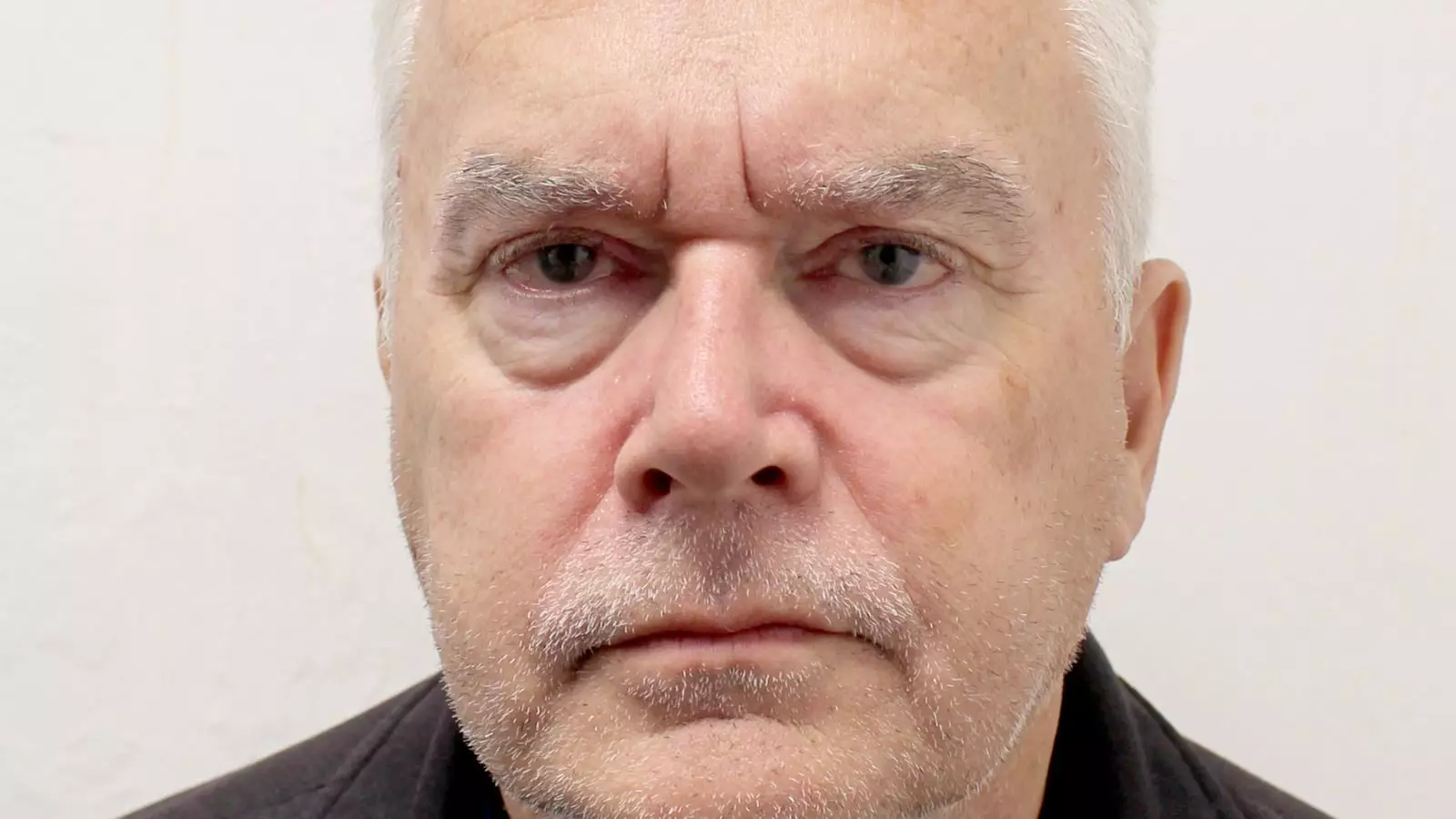The recent scandal surrounding Huw Edwards, a former prominent news presenter for the BBC, has revealed the depths of the implications that personal misconduct can impose on a media corporation’s reputation. Following his conviction for making indecent images of children, BBC Director-General Tim Davie spoke openly about the ramifications of Edwards’ actions. This incident propels us into a broader conversation about accountability, public trust, and the need for stringent conduct within high-profile institutions.
Tim Davie characterized Edwards’ crimes as “appalling,” reflecting a significant moral outrage within the organization. Convicted of multiple counts of making indecent images of children, including some classified as particularly severe, Edwards has drawn sharp criticism not just from the public but also from within the BBC itself. The statement that Edwards will likely never work at the BBC again reinforces the notion that the consequences of such actions extend beyond legal repercussions; they resonate deeply within the culture and ethics of the institution. The BBC, a public service broadcaster, has a duty to maintain integrity and a level of moral authority, making the consequences of this case all the more impactful.
Davie addressed concerns regarding the BBC’s management of Edwards’ salary following the allegations. It raises critical questions about organizational policy in the face of misconduct. Initially, the decision to maintain payment until formal charges were made may have seemed grounded in procedural fairness. However, this choice is now under scrutiny as the organization grapples with the fallout from Edwards’ actions. Davie’s acknowledgment that trust in the BBC is vital alludes to the precarious balance between managing internal policies and upholding public perception. Transparency and decisive action are paramount in re-establishing that trust, yet the challenges of managing such a scandal remain steep.
The aftermath also involves financial implications, with the BBC seeking to recoup approximately £200,000 paid to Edwards during the period after his arrest. This move underscores a broader theme of accountability and restitution, suggesting that even financial relationships must reflect ethical standards. The BBC’s determination to reclaim these funds indicates recognition of a breach not only of legal responsibilities but of ethical ones as well. By taking this stance, the corporation attempts to exemplify accountability and responsibility, crucial steps in addressing the public’s concern about integrity in its operations.
As Davie pointed out, the scandal has undoubtedly impacted the BBC’s reputation. Public perception is a fragile construct that necessitates continuous nurturing, particularly for a media entity with significant public influence. The notion that the BBC needs to “do the right things” to maintain that perception is indicative of the high stakes involved in managing public sentiment. The scandal will require the BBC to engage in active reputation management, reassessing its policies and ensuring stringent measures are in place to prevent similar incidents in the future.
While the Edwards case may seem like an isolated incident, it reflects a wider issue concerning the loyalty between celebrity figures and media outlets. High-profile individuals often cultivate a persona that may shield them from scrutiny; however, this incident serves as a stark reminder that accountability must be upheld regardless of stature. Furthermore, the situation has insights into the workings of media organizations in navigating crises that can arise from the actions of their personnel.
The Huw Edwards scandal is undeniably a critical moment for the BBC, challenging the institution to confront uncomfortable truths about governance, accountability, and ethical standards. The fallout is not just about one individual’s actions; it is a broader commentary on how organizations can and must respond to preserve their legitimacy and foster trust with the public. The lessons drawn from this episode will likely influence how high-profile media entities conduct themselves in the future, setting precedents for accountability that could reverberate in the landscape of journalism and public broadcasting. As the BBC moves forward, rebuilding that trust and ensuring rigorous adherence to ethical standards will be essential in restoring its reputation and affirming its commitment to audiences.


Leave a Reply